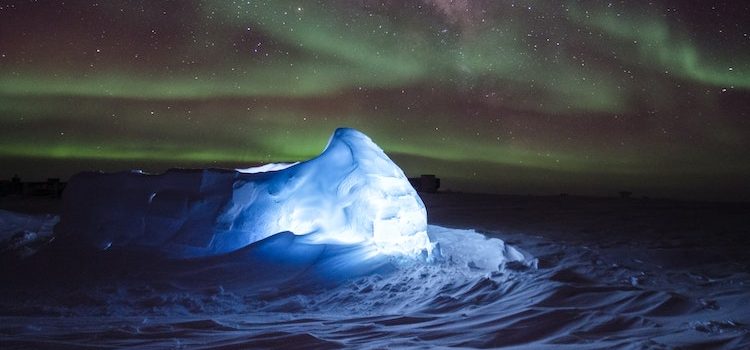

This article is an excerpt from the Shortform book guide to "Unsettled" by Steven E. Koonin. Shortform has the world's best summaries and analyses of books you should be reading.
Like this article? Sign up for a free trial here.
Why are sea levels rising? What do the data say? Can we know for sure?
“Climate Scientists Unsure Whether Rising Sea Levels the Result of Human Influences” isn’t a click-worthy headline. But, former energy industry scientist Steven E. Koonin argues that it would be more accurate than what we typically see in the news.
Read on to learn what we know—and don’t know—about the cause of rising sea levels.
Why Are Sea Levels Rising?
Why are sea levels rising? Koonin casts doubt on the assertion that human activity is the cause of rising sea levels. Upon reviewing the scientific evidence, he contends that, although sea levels are indeed rising, it’s unclear whether this rise is caused by human-induced climate change rather than natural variation.
To put the recent rise in sea level in context, Koonin examines the average sea level over the last 400,000 years. He finds that the sea level repeatedly decreased by about 120 meters over 100,000 years, then rapidly rose about 120 meters over the next 20,000 years. So, the last 400,000 years have seen cycles of sea level changes that occur because shifts in the Earth’s orbit and tilt cause glaciers to either melt or grow larger.
(Shortform note: One way that we estimate past sea levels is by examining geological records. For example, if we find marine fossils in rocks that are presently above sea level, that suggests that those rocks were once below sea level. Thus, we can use these fossils as a proxy for determining past sea levels.)
Because the sea level rises and falls across these cycles, Koonin argues that we shouldn’t conclude that the recent rise in sea level is the result of human activity. Rather, he proposes comparing the sea level rise in recent decades—when human impact on the climate became most stark—with the sea level rise at the beginning of the 20th century when our impact was negligible. In doing so, he aims to see whether there’s been any significant change in sea level rises that coincides with increased human impact on the climate; if so, that would provide evidence that human influences are responsible for recent sea level rises.
Accordingly, Koonin cites the IPCC’s findings that the sea level rose an average of 1.7 mm per year from 1901 to 2010. He also concedes that, between 1993 and 2010, the sea level rose an average of 3.2 mm per year. So, the sea level has indeed risen at a greater rate in recent decades. Yet, Koonin observes that periods of relatively higher sea level rises also occurred before humans were actively affecting the climate. For example, the IPCC also reports that the sea level rise between 1920 and 1950 was comparable to the rise between 1993 and 2010.
(Shortform note: Even if recent sea level rises aren’t necessarily the result of human activity, projections indicate that future sea levels will indeed depend on our efforts to curb carbon emissions: According to the IPCC’s 2019 report, sea levels will rise about 0.43 meters (or 5.3 mm annually) by 2100 if we aggressively limit our CO2 emissions, compared with 0.84 meters (or 10.4 mm annually) if we continue on our current trajectory.)
So, Koonin concludes that we can’t rule out natural variation as the driving factor behind the recent increase in sea level rises. After all, similar rises occurred before human influences played a role, so it’s entirely possible that recent rises are also the result of natural factors.
(Shortform note: In False Alarm, Bjorn Lomborg proposes several ways that we could adapt to rising sea levels in the future. For instance, he recommends building dikes, which are coastal walls designed to prevent flooding. Alternatively, he also endorses “artificial nourishing,” which involves artificially adding sand to coastlines so that rising sea levels are less damaging.)

———End of Preview———
Like what you just read? Read the rest of the world's best book summary and analysis of Steven E. Koonin's "Unsettled" at Shortform.
Here's what you'll find in our full Unsettled summary:
- That humans are only partially to blame for the warming climate
- Why the proposed solutions to climate change are unlikely to succeed
- Alternative responses to climate change and how to improve understanding






